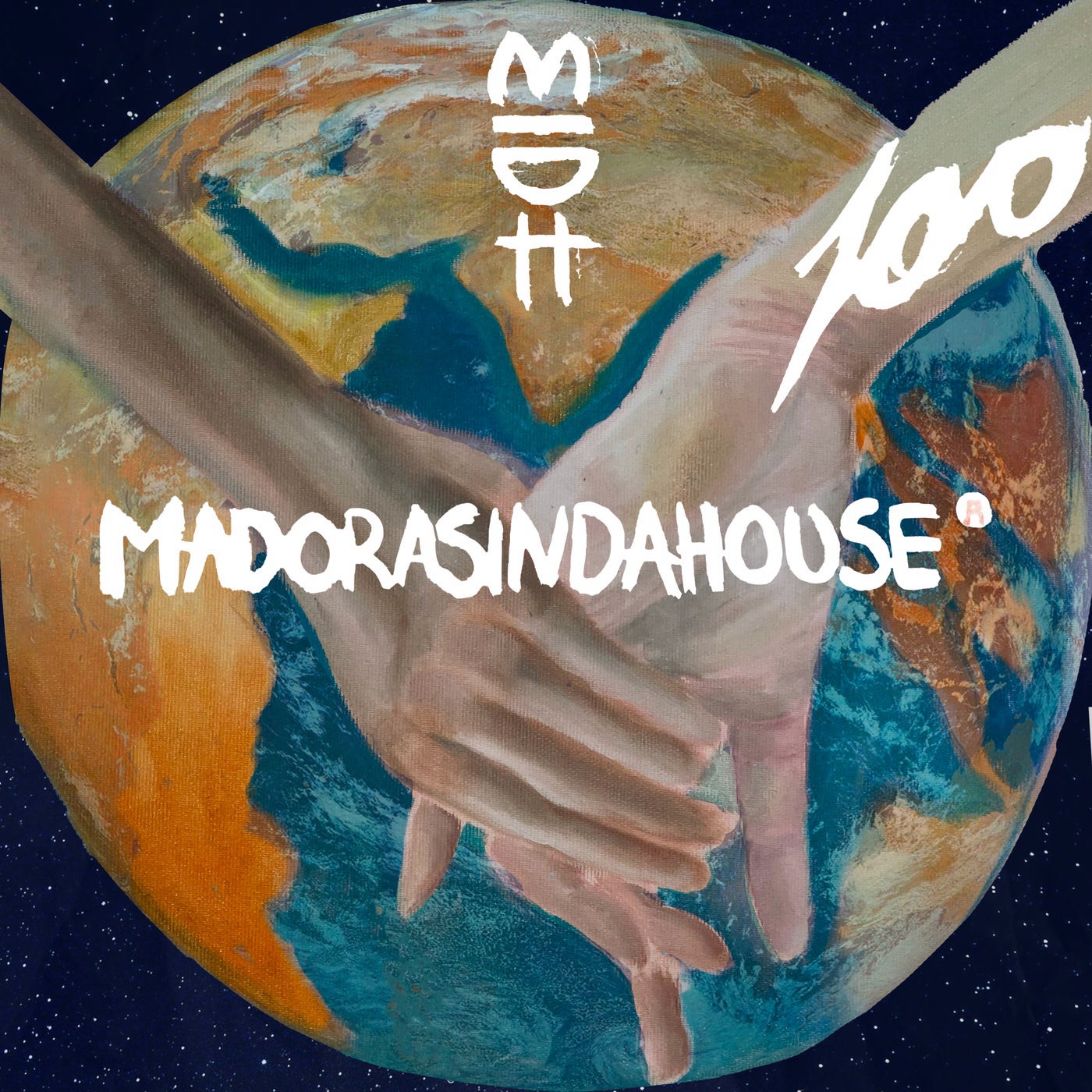The TRON franchise has given pop culture a lot of gifts, but perhaps the most important one is its music. In 1982, groundbreaking electronic music composer Wendy Carlos collaborated with the London Philharmonic Orchestra created a whole new sound to capture life inside a video game. In 2010, Daft Punk crafted its own sonic world for TRON: Legacy, leading to some of the group’s best music ever. And succeeding them is Trent Reznor and Atticus Ross as Nine Inch Nails, whose soundtrack for TRON: Ares has been released three weeks before the actual movie comes out.
All that’s really known about TRON: Ares at this stage, based on the trailers, is that it’s about a computer program (Jared Leto) who wants to be alive. This means we can focus on examining the soundtrack by how well it functions as an album, while also considering the difference between a “Nine Inch Nails” soundtrack and a “Trent Reznor and Atticus Ross” soundtrack — if such a difference exists.
Get Nine Inch Nails Tickets Here
When Reznor and Ross spoke to Consequence in 2024 about their scores for Luca Guadagnino’s Queer and Challengers, they were in progress on the Ares score. At that time, Reznor was saying that “we’re gonna smear things up a little bit and probably confuse some people and confuse ourselves in the process.” In this case, using the moniker of NIN for this album has given them the freedom to lean harder into their rougher industrial edges, while still delivering moments of beauty and grace.
The album opens with “INIT,” which does exactly what you want a TRON score by Nine Inch Nails to do at the jump — invoke the digital world with hard synth beats, accompanied by an ever-present undercurrent of darkness. It’s a cool track, one that doesn’t scream “action!”, but it’s an effective way to set the tone before building up to “As Alive As You Need Me to Be,” the first of the three full songs included here. “As Alive As You Need Me to Be” is the album’s first single, and the only real knock against it is that it doesn’t quite have the momentum of Reznor/Ross’s standout “Compress/Repress” to propel it forward. It’s solid NIN, but a bit too lost in its grittiness to build to catharsis.
Meanwhile, the song “I Know You Can Feel It” offers a more down-tempo tone, with lyrics like “The moment it begins/ Takes over everything/ The moment it begins/ I know you can feel it” suggesting that it might accompany a scene in which a computer program becomes alive. Or perhaps it’s used in a totally different context, though it’s the seventh track on the album, indicating it might appear earlier rather than later in the movie. Either way, it’s serviceable enough, though fails to stand out as truly memorable.
The third song on the album is “Who Wants to Live Forever,” which may or may not be an intentional Queen/Highlander reference — fingers crossed it is, because that’s just fun. Coming in midway through the album, the track represents an abrupt tone shift, in a way that hints at this song perhaps being the film’s love theme. Or perhaps it’s just meant to invoke a more existential moment, given lyrics like “Please hold onto me/ all of us are here to die/ stay here inside me/ all we ever had was time.”
Okay, maybe that is also romantic, to some degree. Perhaps, at this point in the movie, Jared Leto’s computer program is having a love affair with being alive. Whatever the case, it’s an elegant, almost delicate tune, anchored by ethereal vocals from both Reznor as well as Spanish singer Judeline, a relative newcomer who certainly seems to be on the rise after opening for J Balvin on tour in 2024.
Immediately following “Who Wants to Live Forever” comes the instrumental track “Building Better Worlds,” which leans hard enough on the synth sounds to invoke memories of Wendy Carlos’ music. Not her score for TRON, though, full of its optimistic lightness — instead, it’s the bombastic opening notes of her score for Stanley Kubrick’s A Clockwork Orange that come to mind.
The other instrumental pieces represent the kind of range you expect from a film score, from big and loud to sweet and soft. Infusing emotion into their work is the one area where Reznor and Ross have really grown as composers over the last 15 years, though it’s important to remember that NIN has never eschewed quieter moments in their standalone music — “The Frail” is a personal favorite of mine from the 1999 album The Fragile, and you can hear its echoes here in songs like “Still Remains.” Overall, it’s much more
One of the sad truths about the TRON movies is that the first two weren’t really that good: The first was an awkward affair best remembered for its pioneering use of CGI, while the second was a lackluster and ultimately pretty forgettable sequel. Yet the music for both films has endured, much the way that NIN’s craft will also endure even if TRON: Ares fails to impress critically or commercially. For while this might be an electronically-driven score, there are so many human touches that the power of the artist, not the medium, shines through. Which is the best possible soundtrack for a movie that aims to examine what it means to be alive.

 1 month ago
16
1 month ago
16


















 English (US) ·
English (US) ·